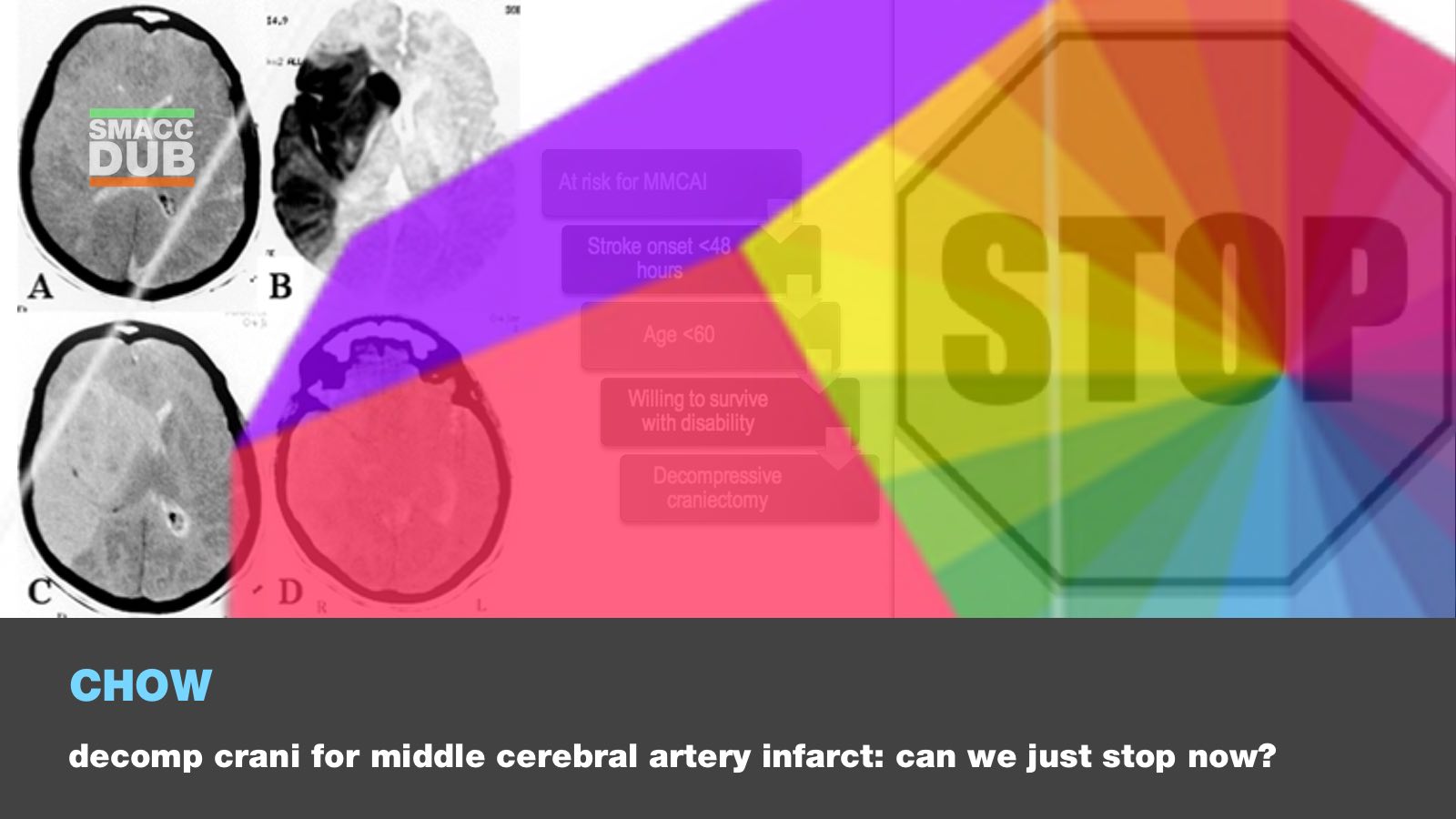The Risks of Surgery: John Carlisle
John Carlisle asks the big question – what is the risk of surgery?
It is a big question that holds implications for everyone involved in caring for patients. Like John, patients want to live a long and happy life.
They would like to know whether surgery enhances their chances of living a long and happy life.
They do not generally care whether they will be alive in 30 days or not.
John explores whether or not we can accurately answer the question – what are the risks of a given surgery?
Prognostic models based on a single surgical cohort are very vulnerable to chance and variation. This is even the case with large cohorts.
The reason is that mortality is not that common. Therefore, the range of uncertainty in any one model is big.
John explores this concept in the context of surgical intervention for abdominal aortic aneurysms.
He highlights the perils prognosticating by describing the trials that influences the treatment guidelines for abdominal aortic aneurysms.
John describes the current data, and the flaws in the recommendations currently being offered.
John then describes a tool he has developed relating to this particular question. The tool also explains how one piece of research has been misunderstood, a misunderstanding that has resulted in two general mistakes: surgeons operating on aneurysms when they should not; surgeons not operating on aneurysms when they should.
The Risks of Surgery: John Carlisle
Finally, for more like this, head to our podcast page. #CodaPodcast





